SUMMARY
This is AI generated summarization, which may have errors. For context, always refer to the full article.
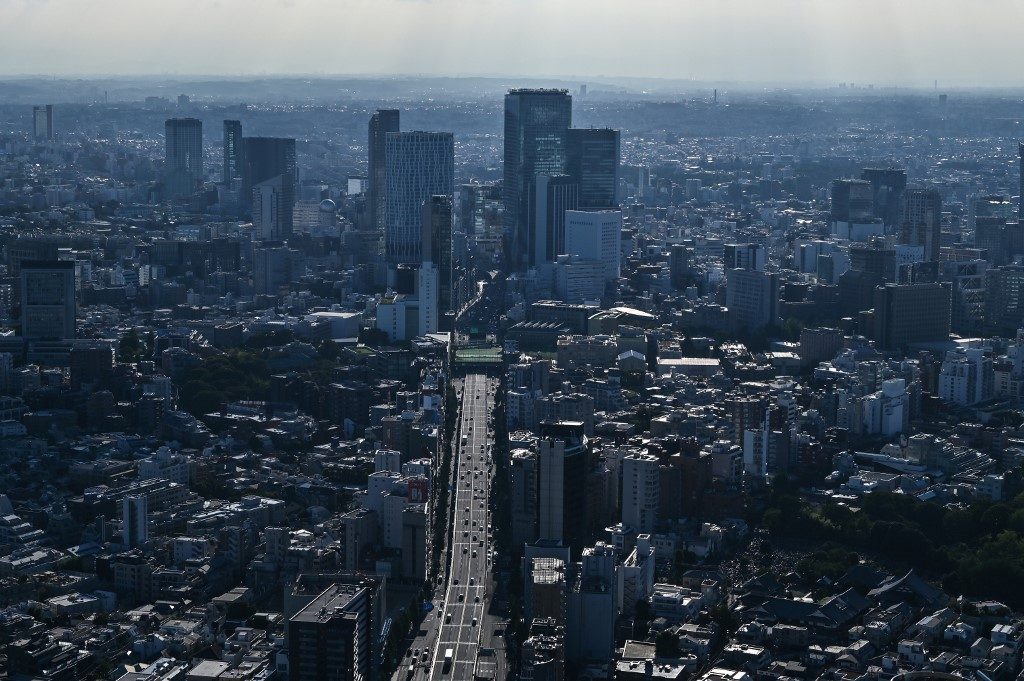
Japan’s economy shrank slightly more than initially thought in the April-June quarter, official data released on Tuesday, September 8, showed, deepening a contraction that was already the worst in the nation’s modern history.
The world’s 3rd largest economy shrank 7.9% in the 2nd quarter of this year from the previous quarter, more than the initial 7.8% in the preliminary data, the Cabinet Office said.
The downward revision comes with corporate investment weaker than in the preliminary data released last month, as the coronavirus deepens the country’s economic woes.
The latest headline figure was modestly better than market consensus of an 8% contraction, but it is the worst figure for Japan since comparable data became available in 1980, beyond the brutal impact of the 2008 global financial crisis.
Separate data released by the internal affairs ministry on Tuesday showed Japan’s household spending in July dropped 7.6% on-year, also underlining the impact of the coronavirus on the economy.
The 7.6% drop was the 10th consecutive monthly decline and comes after a 1.2% slide in June and 16.2% dive in May.
The figure came in much worse than economist expectations of a 3.7% decline, Bloomberg said.
Japan’s economy was in recession even before the coronavirus hit due to damage from a powerful typhoon last year, and a sale tax hike in October.
The country has seen a smaller coronavirus outbreak compared to some of the worst-hit places, with about 71,800 infections and fewer than 1,400 deaths.
A nationwide state of emergency was imposed as cases spiked in April, but the restrictions were significantly looser than in many countries, with no enforcement mechanism to shutter businesses or keep people at home.
The emergency was lifted in June, and the government has been reluctant to reintroduce measures, even as infections rise again. – Rappler.com
Add a comment
How does this make you feel?


![[Time Trowel] Evolution and the sneakiness of COVID](https://www.rappler.com/tachyon/2024/02/tl-evolution-covid.jpg?resize=257%2C257&crop=455px%2C0px%2C1080px%2C1080px)



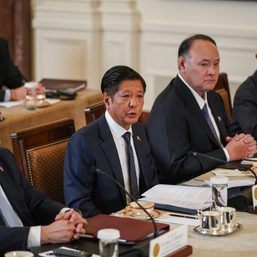
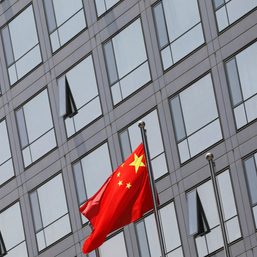
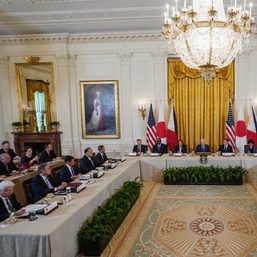
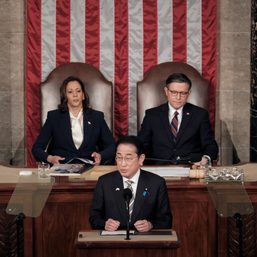
There are no comments yet. Add your comment to start the conversation.